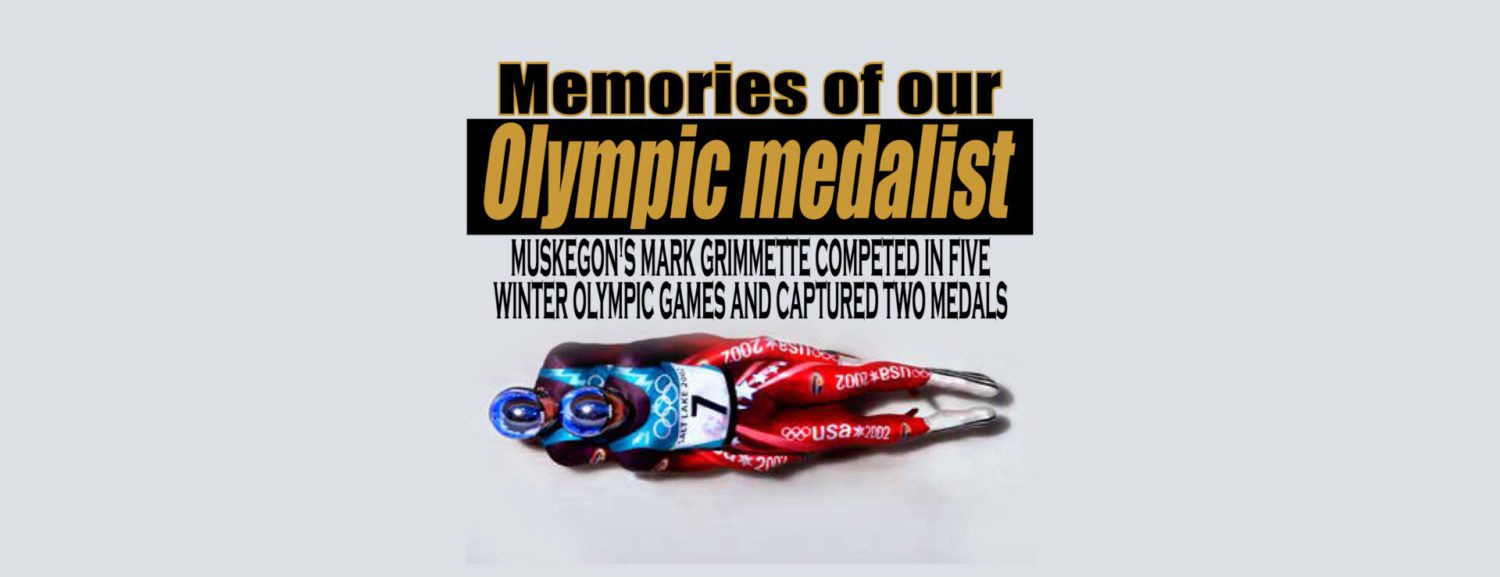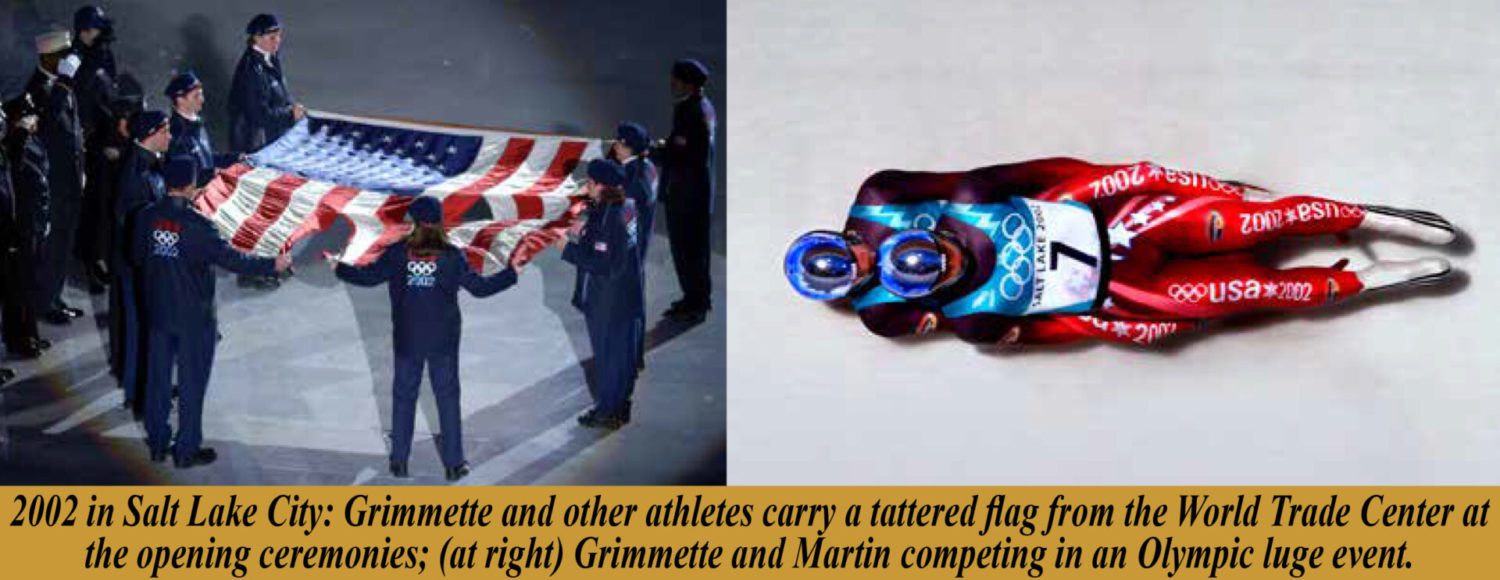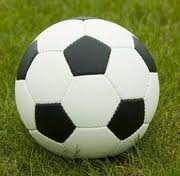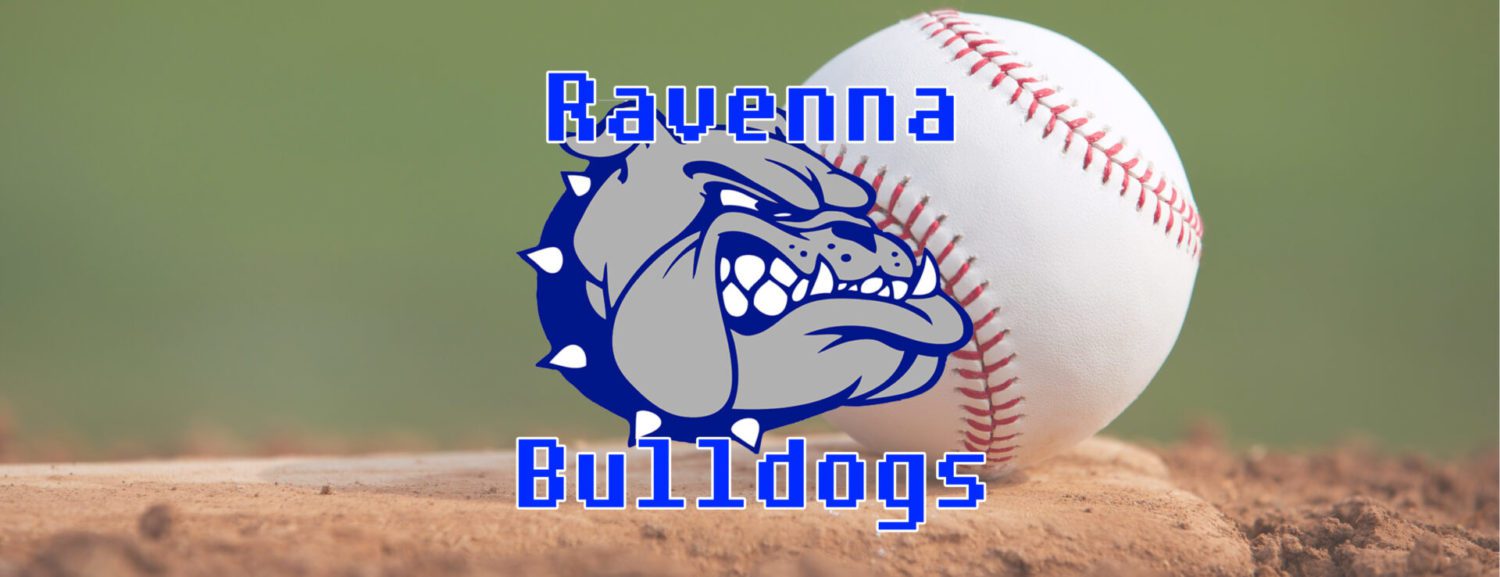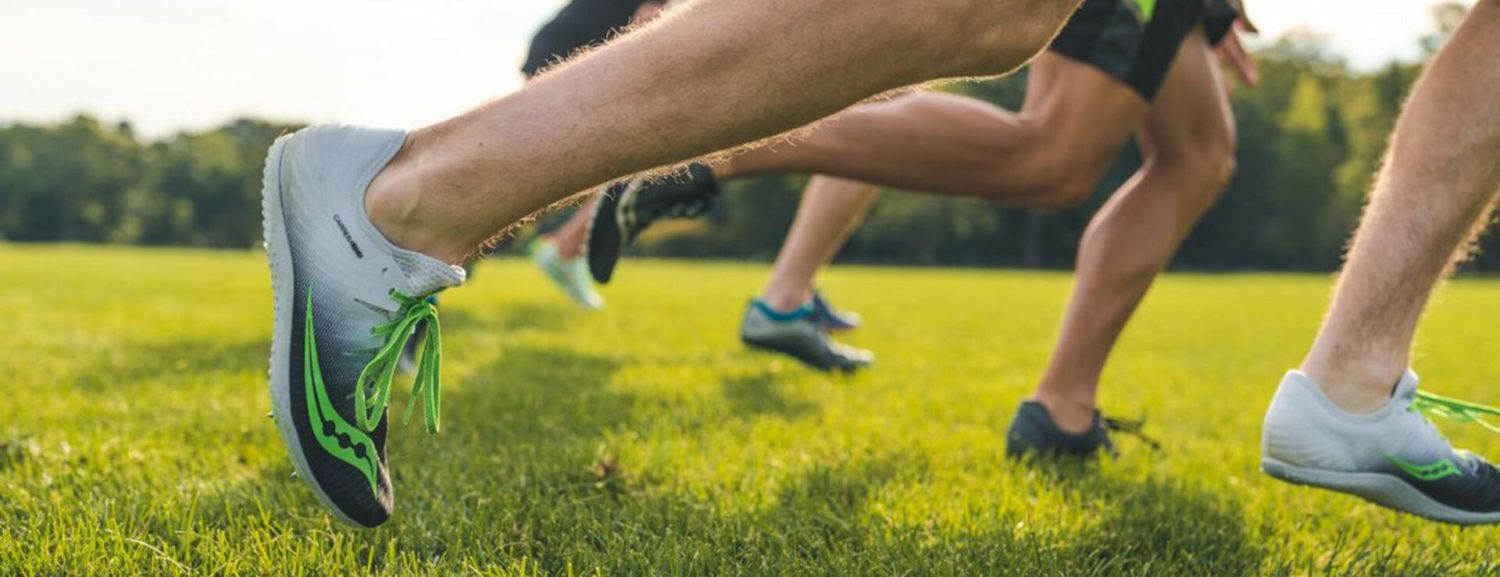By Steve Gunn
LocalSportsJournal.com
Millions of people around the world – whether they are sports fans or not – enjoy watching the opening ceremonies of the summer or winter Olympic Games every two years.
The main event, of course, is always the Parade of Nations, which features athletes from all of the various countries marching into the Olympic stadium under their national flags.
One of the greatest honors for any Olympian is to be chosen to lead their national team into the stadium, carrying their nation’s flag.

Mark Grimmette carries the flag and leads the American team into the stadium at the 2010 Winter Olympics in Vancouver, Canada. Photo/Alamy.com
In 2010 at the Winter Olympics in Vancouver, British Columbia, that honor was bestowed upon Muskegon’s own Mark Grimmette, a five-time Olympian, two-time medalist, and a member of the most successful luge doubles team in American history.
“The way they choose the flag-bearer, the team captain from each sport puts forth a candidate, and then they have rounds of voting,” said Grimmette, 46, who recently spoke to Local Sports Journal from his home in Lake Placid, New York. “Brian Martin (Grimmette’s luge partner) was our captain, and he was in the room voting while I was out in the hallway reading a book.
“He came out and told me I had been selected as the flag bearer. We were both just floored.”
By 2010, the Olympics were hardly a new experience for Grimmette. He was in the audience for the 1992 games in Albertville, France. He competed in the 1994 games in Lillehammer, Norway; the 1998 games in Nagano, Japan; the 2002 games in Salt Lake City; and the 2006 games in Turin, Italy.
He was very familiar with the thrill of the opening ceremonies. He knew the excitement of entering the stadium and waving to the crowd, as a worldwide television audience paused to check out the American team.
Grimmette was even one of eight athletes chosen to help carry a tattered American flag, salvaged from the remains of the World Trade Center, into the opening ceremonies of the 2002 Olympics, less than a year after the tragedy of 9/11.
But being the American flag-bearer, with his family and friends back home watching and cheering, was an entirely new thrill for an aging athlete about to compete in his final Olympic games.
“It’s an electric feeling,” said Grimmette, a 1989 graduate of Reeths-Puffer High School. “When they announced the USA team, and we walked up the ramp, I just remember waving the flag and walking around and hearing the cheers. It was amazing and humbling. I was very honored and humbled to have the opportunity to do that.”
Grimmette announced his retirement from international luge competition a few weeks after the Vancouver games, but never left the sport.
He was quickly named Sports Program Director for USA Luge, which works to recruit and develop future generations of American lugers, and still holds that position today.
Grimmette will be in Pyeongchang, South Korea for the 2018 Winter Olympics, which began on Feb. 9, but not as an official part of the American team.
Instead he will serve as part of the International Luge Federation Jury, which settles any protests or disputes that may arise during the Olympic competition.
“There are three members of the jury, and should any type of issues come up, it will be our job to rule on that,” Grimmette said. “You have to be more impartial. I’ve had jury positions for a couple of World Cups and World Championships, and it’s different. You try to make sure there’s a fair playing field. You really have to check your national feelings.”
That being said, Grimmette will still be closely watching the USA luge team he helped to develop, and believes the Americans have a chance to do quite well.
“This is a solid team,” he said. “They have done really well over the last four years, and showed they can be top performers and medal winners. I’m pretty excited to see them compete.”
A lot of West Michigan folks have heard the story of how Grimmette got his start in luge, but it’s worth repeating.
It was back in the mid 1980s, when he was 14 or 15, living with his family in Laketon Township. One day he woke up to the sound of heavy machinery coming from across the street at the Muskegon Winter Sports Complex at the state park.
He discovered workers building the local luge run, which is still one of only four across the nation.
At first Grimmette was a little put off, because he loved to sled in the winter, and the new luge run was taking away his favorite sledding hill. But he was invited to help with the construction, and he’s always loved to build things, so he accepted the offer to pound a few nails.
When the luge run was finished, he decided to give the sport a try, and what followed became U.S. Olympic history.
“Once we finished (with the construction), I tried it and loved it,” said Grimmette, a soft-spoken man who is not the type to brag about his successful luge career. “You are six inches off the ice, and it’s very fast. What kid doesn’t like sledding? This was just a much faster version.”
Soon Grimmette immersed himself in the sport, spending hours on the Muskegon luge run and eventually gaining the attention of U.S. luge officials. He traveled to Lake Placid to train, and began the slow process of developing into a top prospect.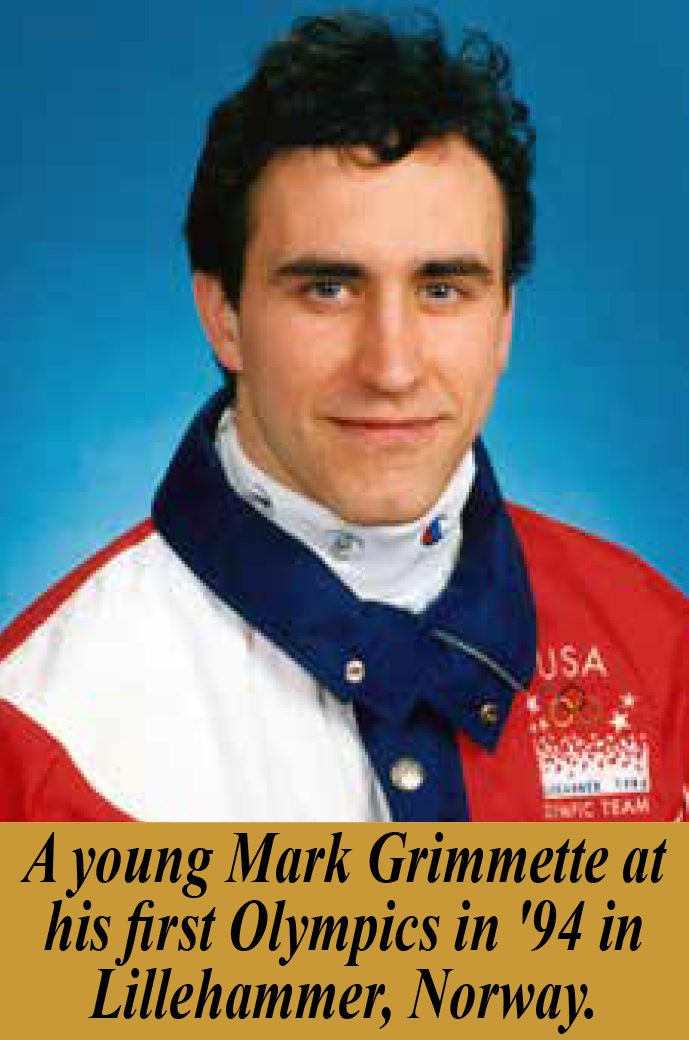
“Not necessarily,” Grimmette said, when asked if he was an instant success in luge. “In the small races I did OK, but it was something that took time. I was invited out to Lake Placid for a week-long camp in 87, and the national coach at the time thought I should try to do it more.
“I didn’t think too much of that, but then I was invited back to Lake Placid for a month-long camp the following January. From there I made the junior national team and started to work my way up.”
Grimmette originally partnered with Jonathon Edwards of Massachusetts in luge doubles, and the two of them became successful on the international scene.
By 1991 they had become the top American luge doubles team, and one of the better teams on the World Cup circuit.
That led them to the 1992 Winter Olympics in Lillehammer, Norway, where 22-year-old Grimmette and Edwards took fourth place – the best finish ever for an American luge doubles team – and barely missed winning a bronze medal.
The partnership with Edwards ended shortly after that. Grimmette decided to give luge singles a try, and competed that way for a while. By the time he decided to switch back to doubles, he needed a new partner, so he teamed up with Brian Martin of Palo Alto, California, who was also seeking a new partner.
“At the end of the 94-95 season, I wanted to try doing a little bit more singles luge, and Jonathon and I kind of went our own ways,” Grimmette said. “During the 95-96 season I did mainly singles, with some doubles on the side. I finally realized doubles was what I liked, and I had a conversation with our coach, and I decided to try it with Brian.
“When we were first on the ice in the fall of 96, we really clicked as a team. We were named to the national team during that fall period. In our first World Cup together we won a bronze medal, and our (American ) teammates won the gold and silver. We swept the podium.
“Brian and I really worked together well. We became good friends, and we still are. That’s one of the keys to doubles – a good relationship with your teammate. You have to be able to communicate well in difficult and good times. You’ve got to have good problem-solving skills together.
“Going down the track together at 70 or 80 miles per hour, you have to make sure you are thinking as one.”
A great partnership
Grimmette and Martin became the most successful luge doubles team in American history.
They won a bronze medal in their first event together, a 1996 World Cup meet in Norway. They went on to win the World Cup championship in 1998-99 and 2002-2003, and six bronze medals in World Championship competition.
They piled up a total of 65 medals in international competition, a record for USA luge.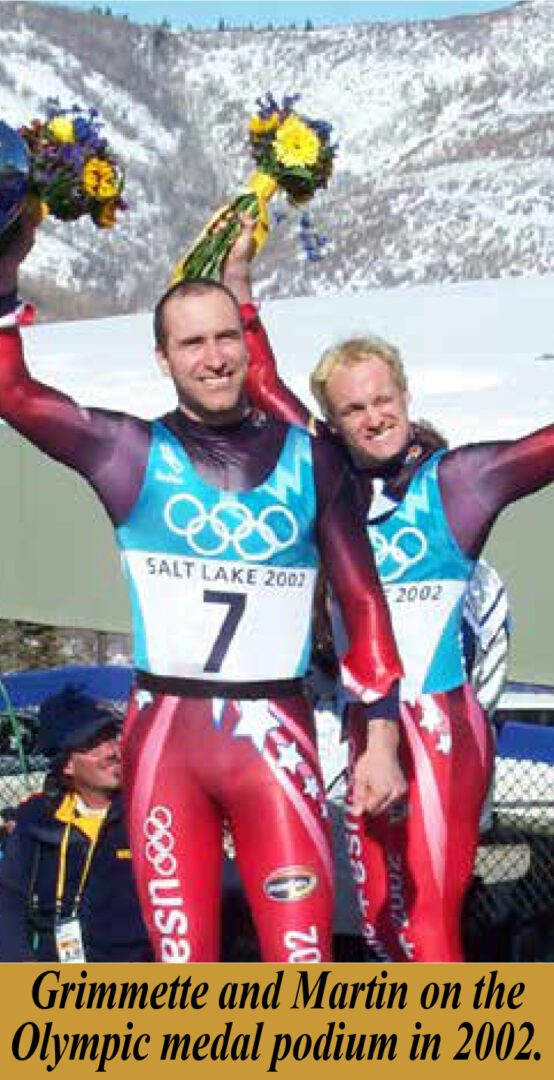
But their most renowned success came in Olympic competition.
In the 1998 games in Japan, they won a bronze medal, one spot behind their American teammates, Chris Thorpe and Gordy Sheer, who took the silver.
The four athletes were the first Americans to ever win Olympic medals in luge, a sport that was long dominated by Europeans.
“Going into the ’98 games we knew we had a good chance for a medal, but the U.S. had never won an Olympic medal in luge, and there was a mountain of pressure on us,” Grimmette said.
“We had another (American team) that did really well, and the two teams were kind of pushing one another to higher and higher levels. When we both realized we had won medals, it was pretty amazing.”
So how did it feel to be on the Olympic medal podium for the first time?
“The hair on the back of my neck stood up,” Grimmette said.
After experiencing the thrill of winning an Olympic medal, Grimmette and Martin stayed together for the next four years, with the goal of doing even better in 2002 in Salt Lake City.
They accomplished that, winning the silver medal. Their total time in their two runs was just over a tenth of a second behind the time of the gold medal team from Germany.
“It’s always special to win a medal,” Grimmette said. “To be in the top three in the world is pretty amazing. We definitely wanted the top spot, but it wasn’t in the cards at that time.”
Four years later Grimmette and Martin had very high hopes going into the Torino, Italy Olympics, but their medal streak ended when they wiped out on a difficult turn on their first run.
“We crashed,” Grimmette said. “That was a rough one. It was a difficult track for me. Brian and I were sliding fast, but that track took every ounce of concentration and focus, and unfortunately it didn’t end up well for us. It happened about halfway down on our first run. It was a mental error on my part. Mental errors in luge are not a good thing.”
The 2010 games in Vancouver turned out to be the last hurrah for Grimmette and Martin. By that time they were no longer among the best in the world, and finished ninth.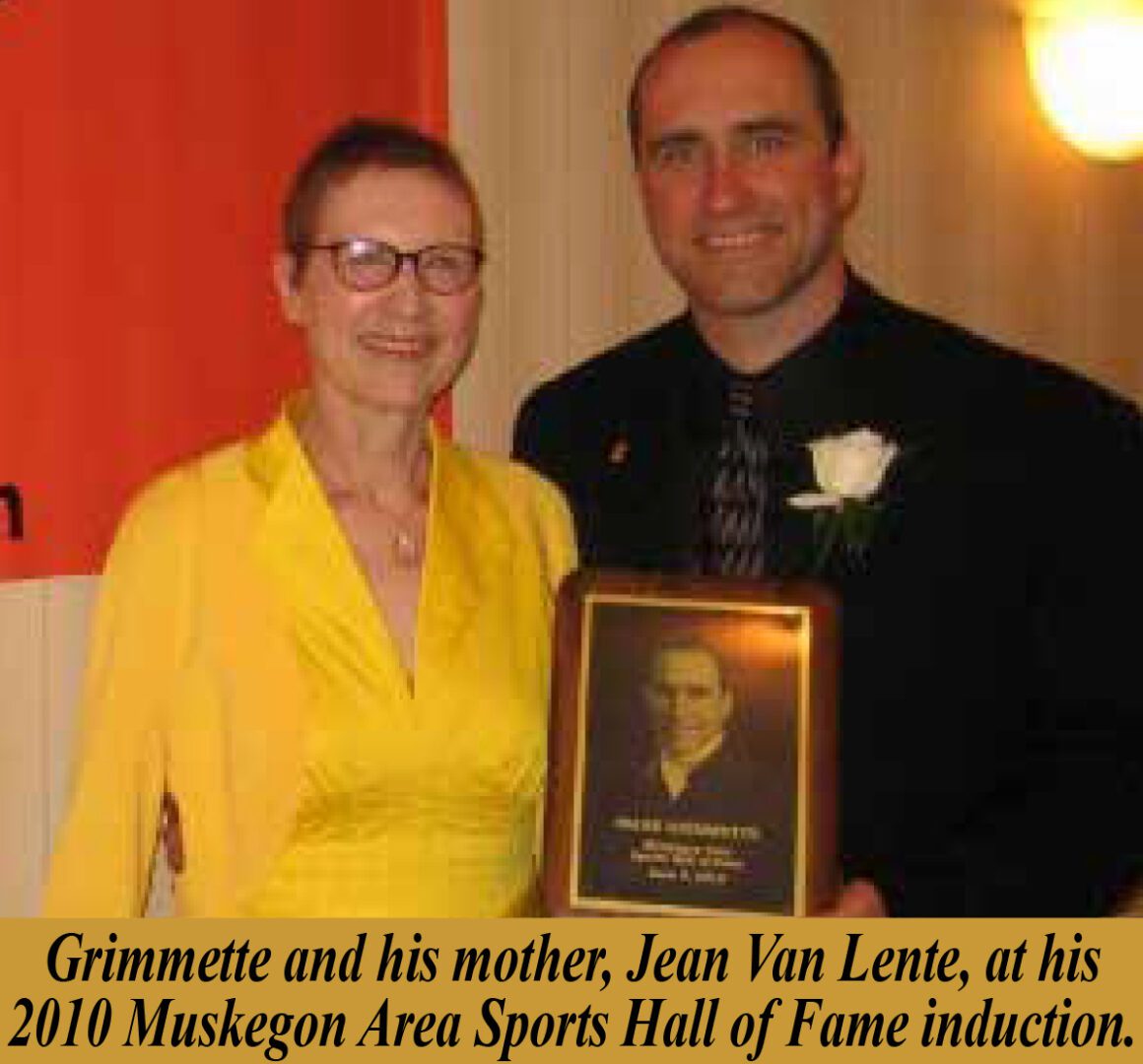
Not long after the Olympics they announced their retirement.
“I was 39,” said Grimmette, who battled nagging back problems during much of his career. “My body was thankful I made the decision. It’s not easy to keep your body in that sort of shape. We were fortunate to have that long of a career. We both loved the sport. We would have continued to do it if we could have. But it was time for a new chapter in my life.”
Still committed to his sport
It’s amazing that Grimmette and Martin had such longevity in luge, considering the year-round demands of training and traveling all over the world for international events.
While they gained their share of success and notoriety, they also gave up a lot, in terms of a normal life, not to mention the money they could have made in a lot of different professions.
Grimmette said he and Martin approached their career four years at a time. After every Olympics, they would discuss their situation at length and decide if they wanted to commit to working toward the next Olympics.
And they always agreed to go on, meaning they had four long years of hard work ahead of them to get another shot at Olympic success.
“The next games were always our focus,” Grimmette said. “We didn’t take it one year at a time. We made the decision after each Olympics to go another four years, and we put all of our energy into being successful at the next games. After every Olympics, we had that conversation.
“It was something we loved to do. We love the sport of luge. That’s why we stayed in it. We had an incredible passion for it. Sometimes it’s not easy or glorious. When you break it down to the simplest form, you have to just love the sport.
“There are times when every athlete says, ‘Hey, my friends of the same age are doing this and doing that.’ But it’s a tangible decision you have to make. You decide to do this and try to be successful, no matter what.”
These days Grimmette lives in Lake Placid with his wife, Keela, and their three children – Leona, Finn and three-month-old Aurora.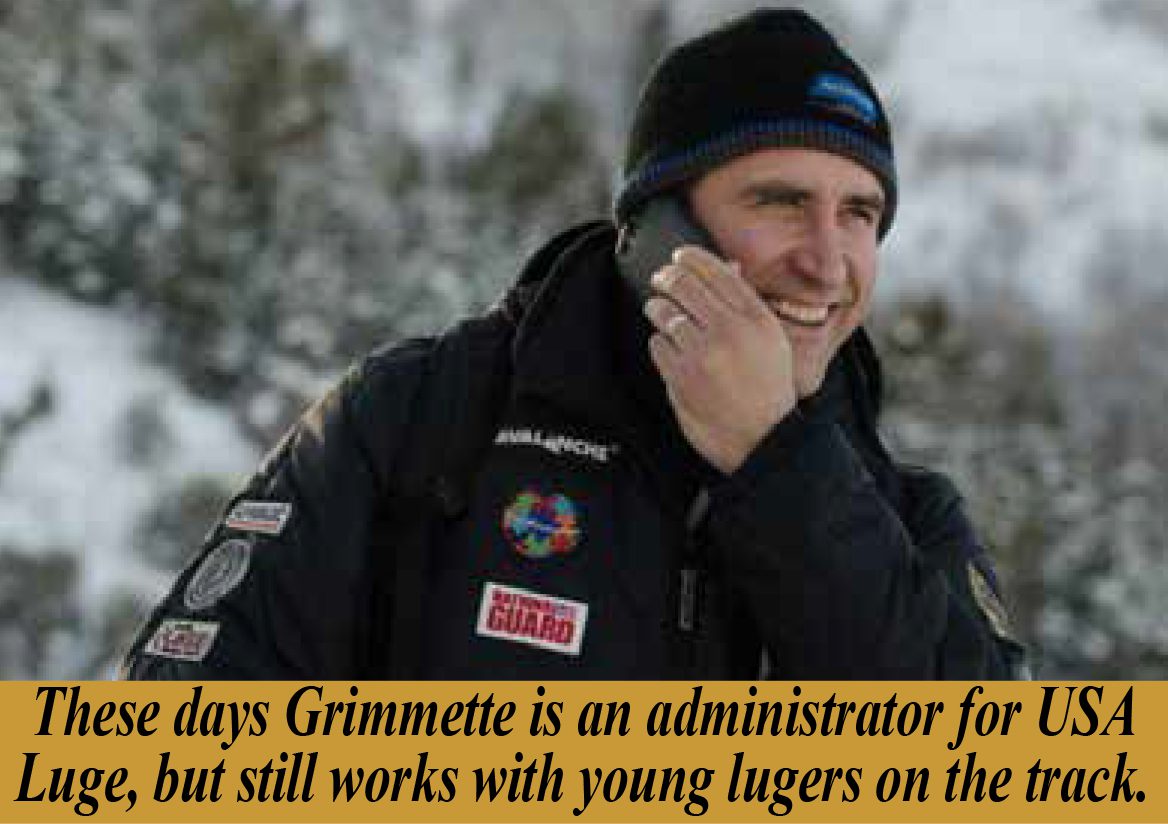
He is still serving as sports program director of USA Luge, a position he has held since shortly after his retirement. He says that most of his work is administrative, but he still has a hand in working with young lugers who are a lot like he was back in Muskegon in the mid 1980s.
“The opportunity came up to work with USA Luge, and I wanted to still contribute to the sport,” Grimmette said. “The position I went into was sports program director. The first few years I held a couple of positions besides that – I was head coach of the national team for awhile, and I was a team manager for a few years.
“Now my role is specifically sport program director. My job is overseeing programs for the athletes just getting into the sport, all the way through the Olympic team. The actual coaching I do is more with kids who are just trying it for the first time, and with our 12-14 year old junior D team.
“My job is mostly typing, but I still get to interact with a lot of the younger athletes.”
Grimmette still gets back to Muskegon occasionally to visit relatives, although his parents now live in different states. When he has time he also visits the Muskegon Winter Sports Complex, to check out the young athletes developing on the luge track that he helped build.
“I was in Muskegon about a year ago to see some family,” he said. “About 2 1/2 years ago I was out there (at the Winter Sports Complex) for a screening camp, to see the kids try it on ice for the first time.”
Grimmette definitely does not live in the past, or try to draw too much attention to his amazing luge career.
He has only gone down a luge track twice since he retired, both times at the Muskegon facility.
“The way I describe it is the mind remembers what the body can’t do anymore,” Grimmette said. “I remember how it feels. I remember what my body needs to do. But it’s hard to make my body do that again.”
Amazingly, Grimmette keeps his two Olympic medals in his sock drawer at home, instead of in an illuminated glass case where they could be displayed. He said he once used one of the medals as a ball marker at a golf tournament.
While he appreciates the medals, they are not the most important momentos from his successful career.
“They are still there,” he said about the medals in the sock drawer. “When we do luge events, it’s easy to pull them out and share them. I’ve had family ask me why I don’t do something with them, and I tell them ‘I don’t know.’
“The memories I have are special to me.”


